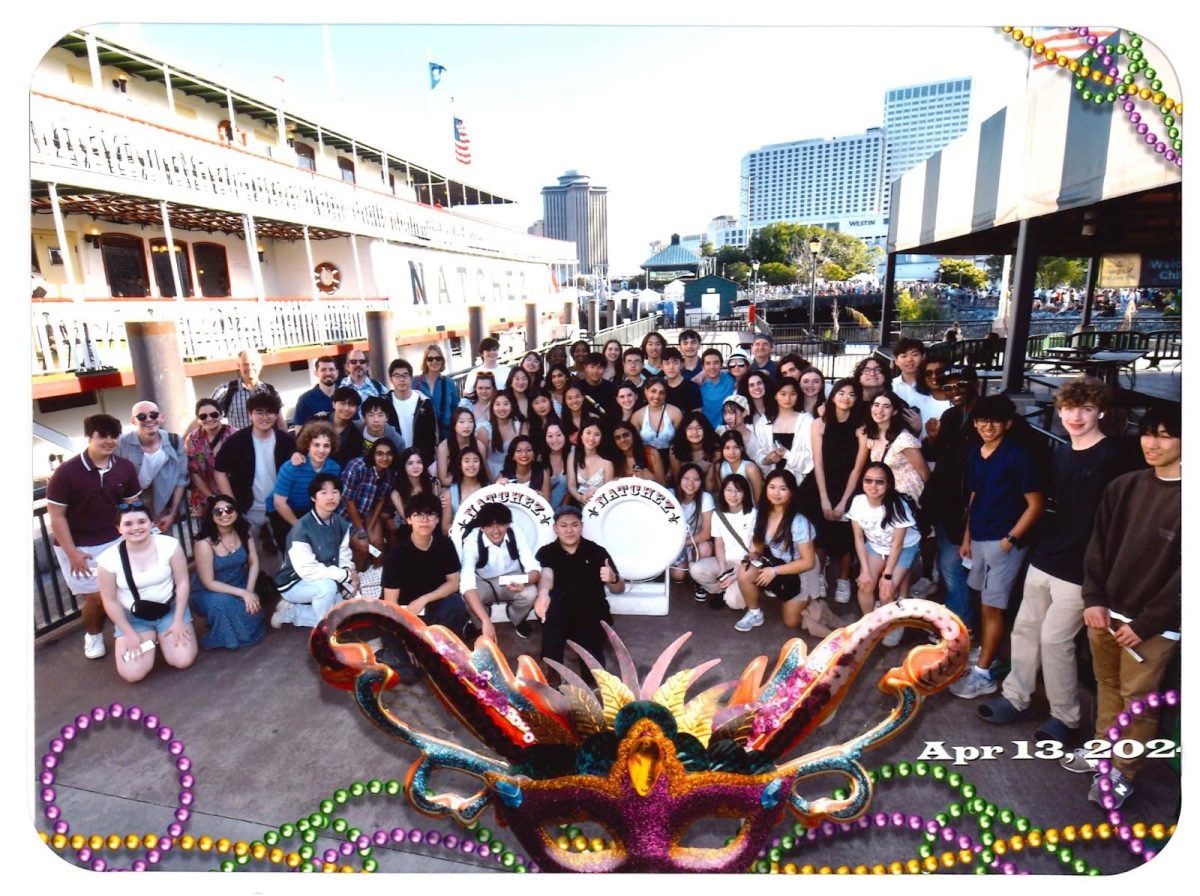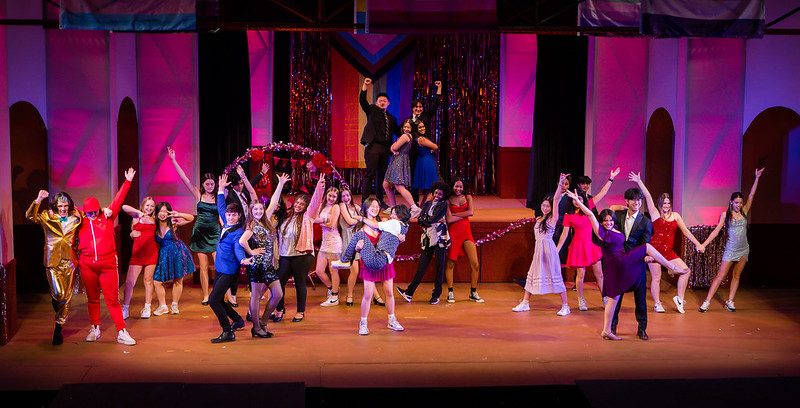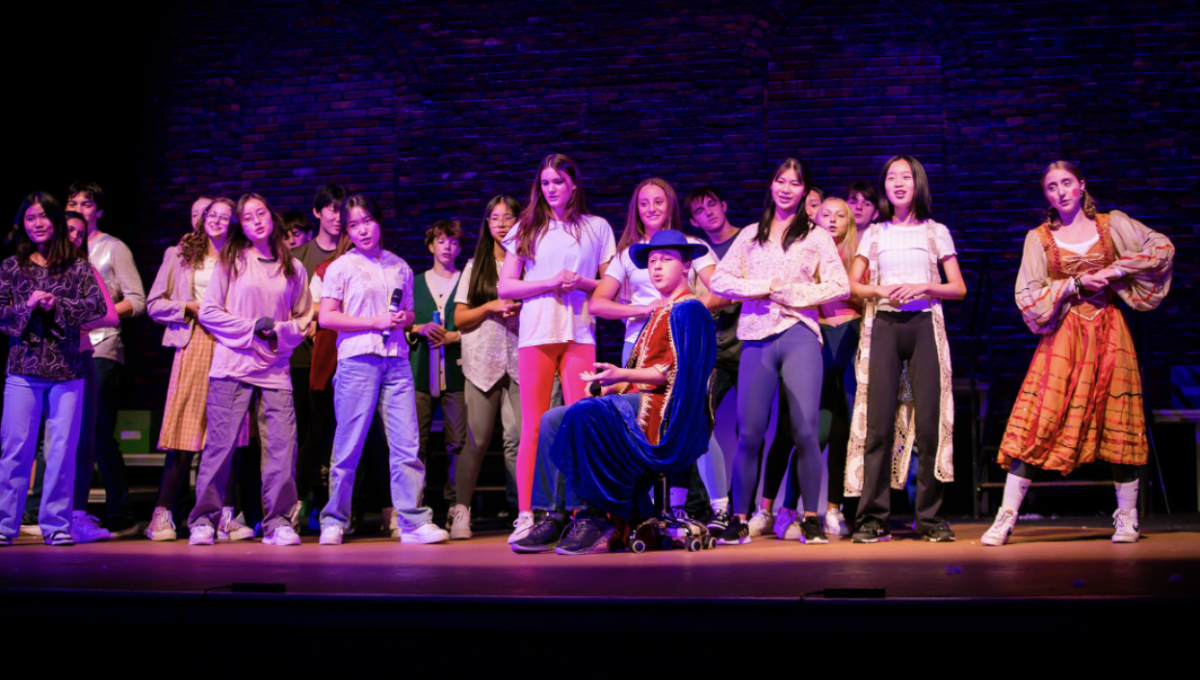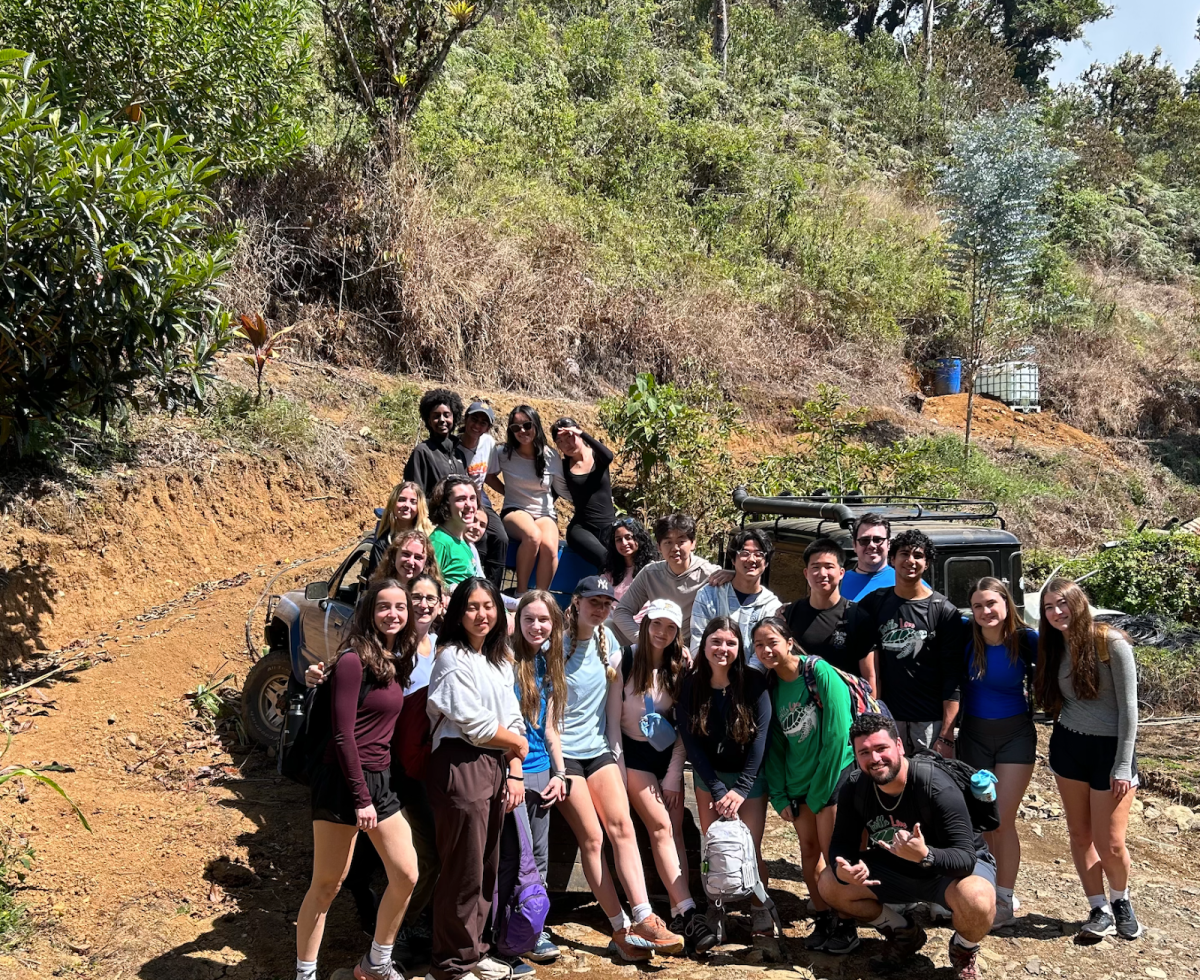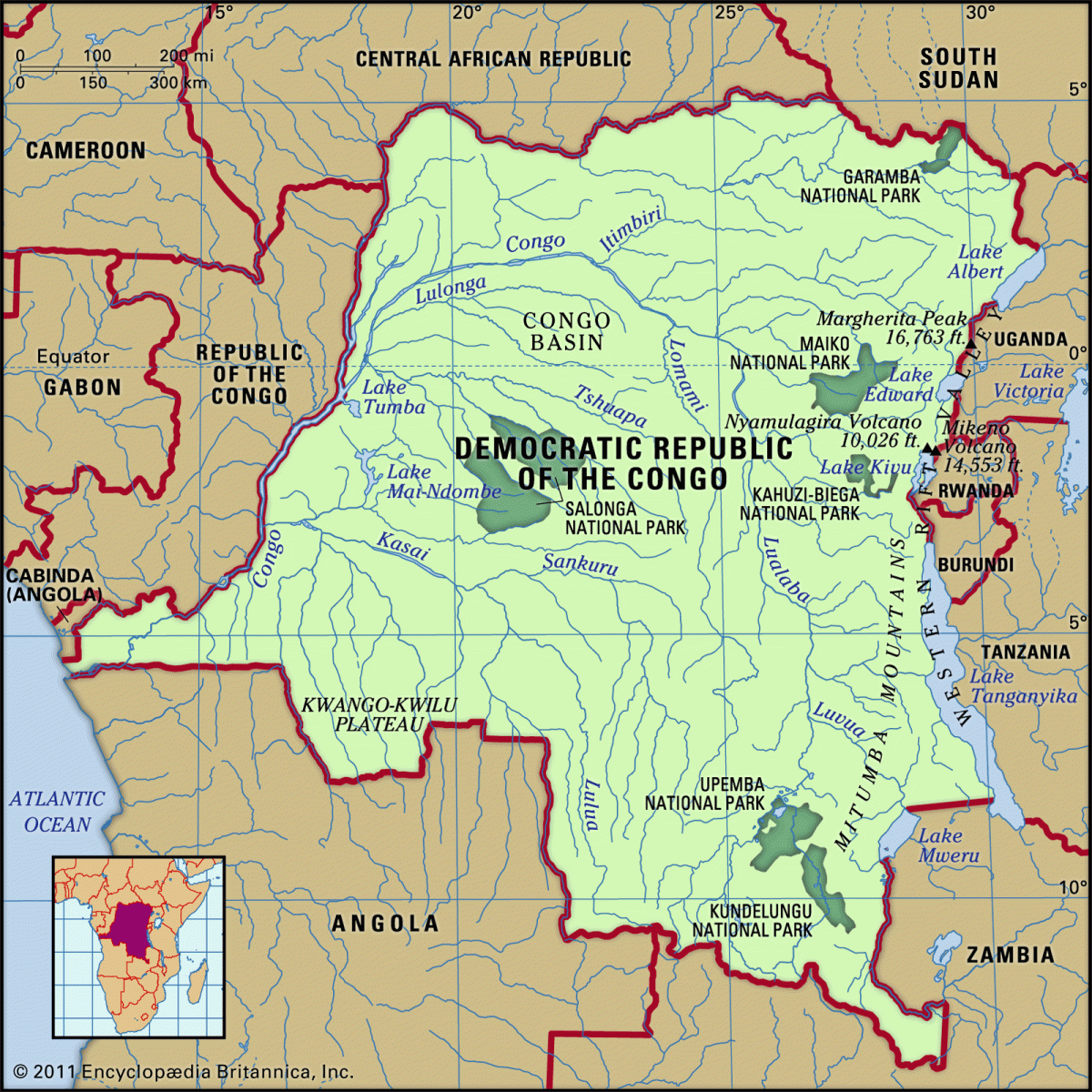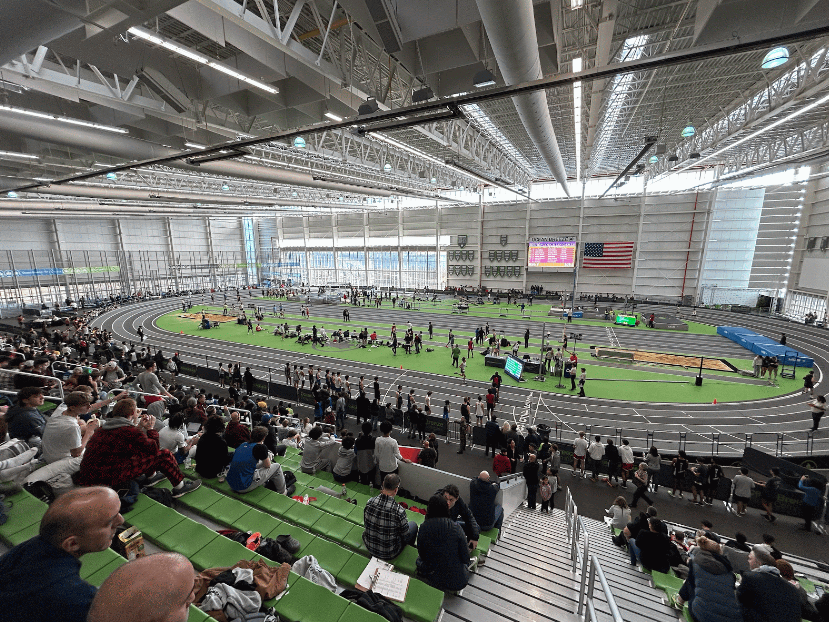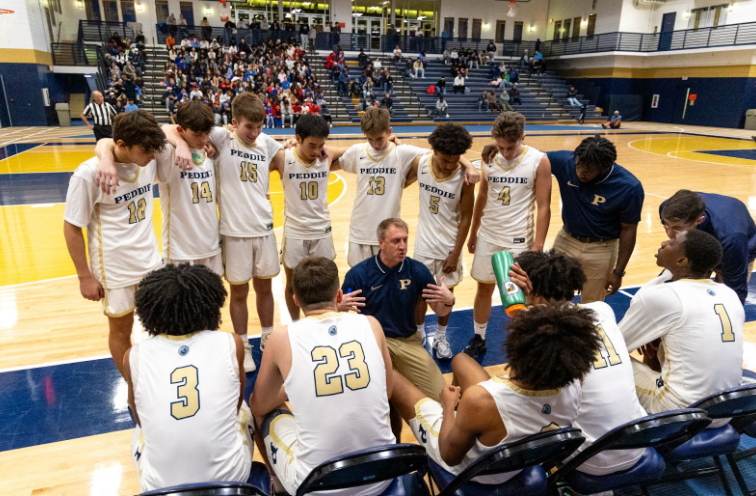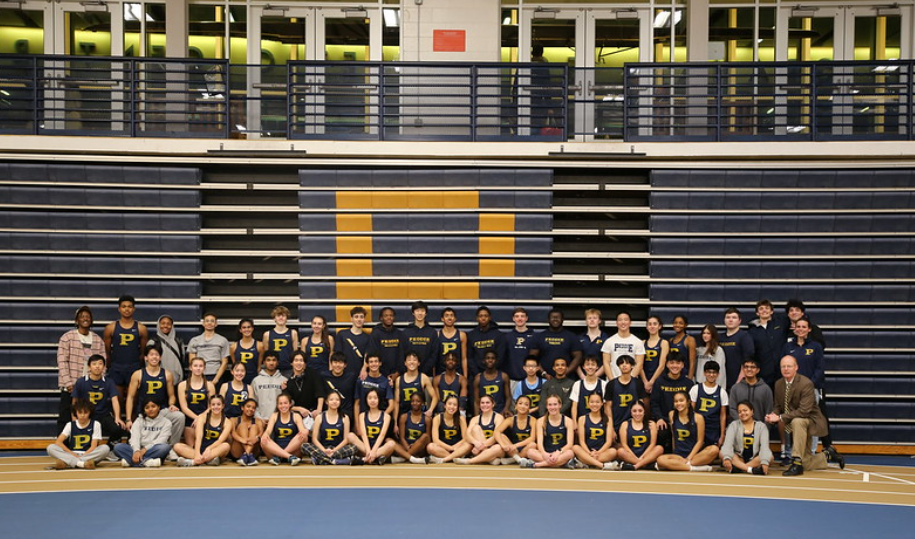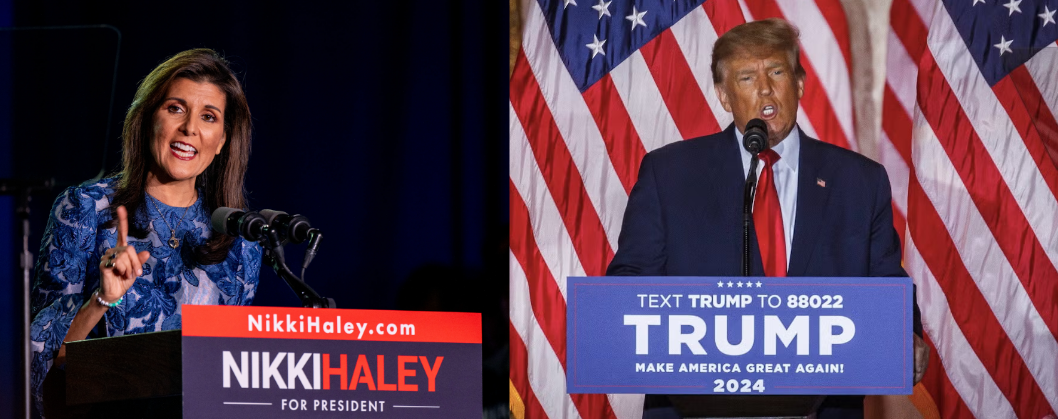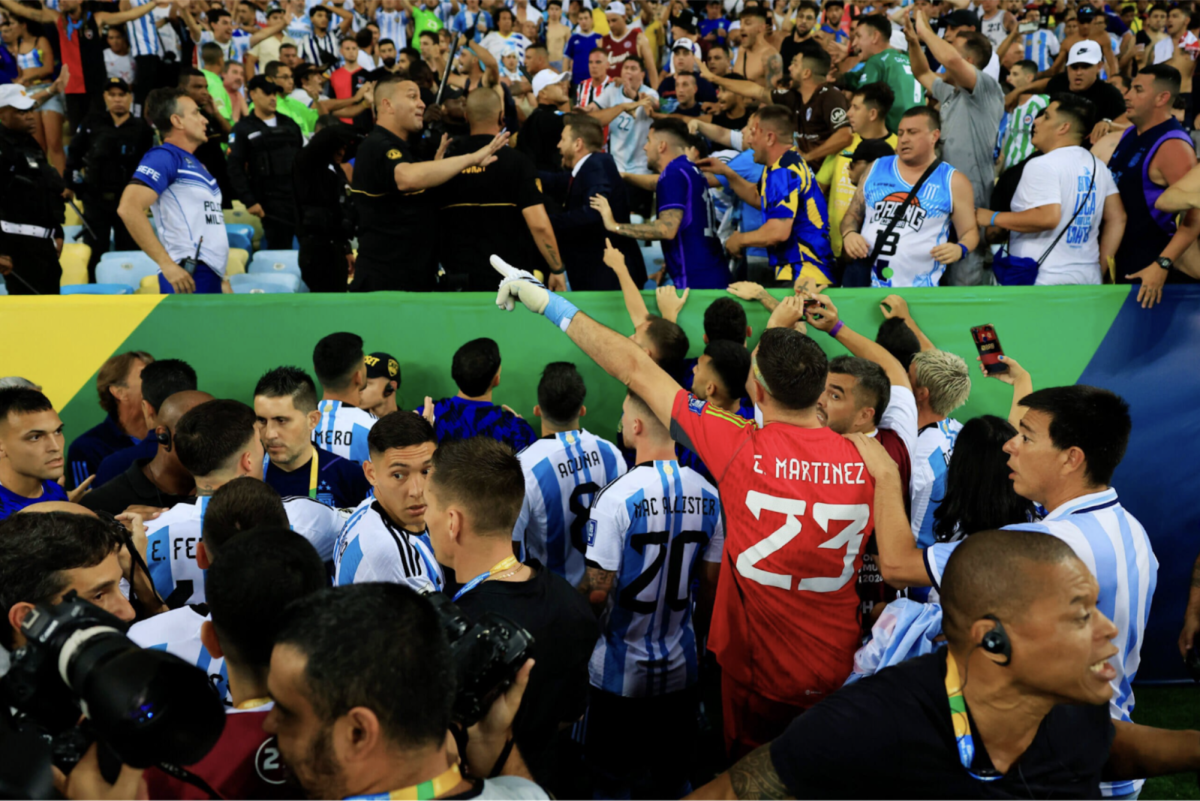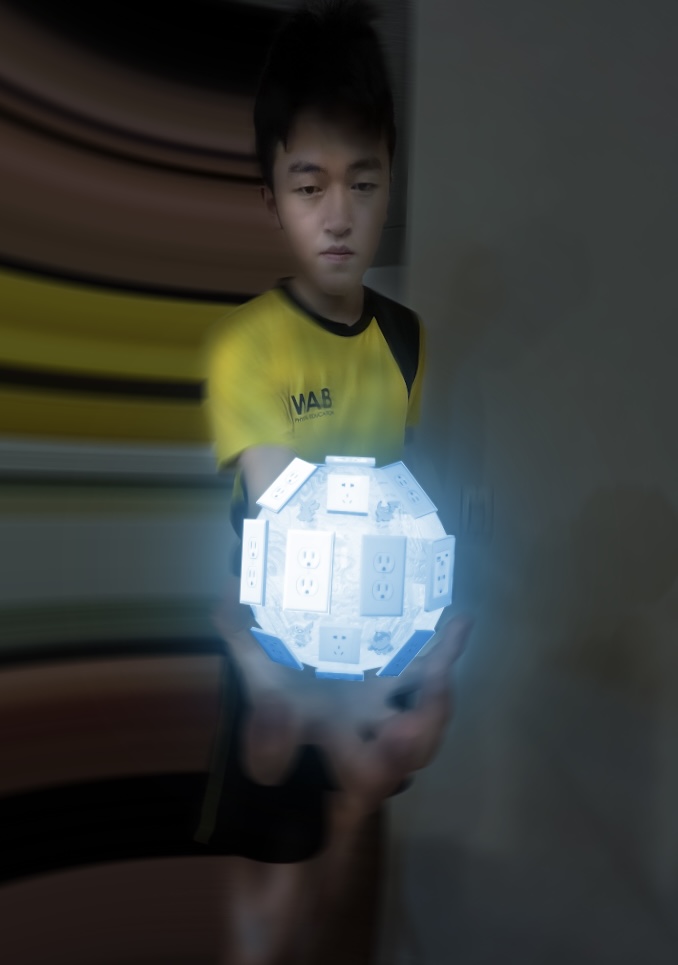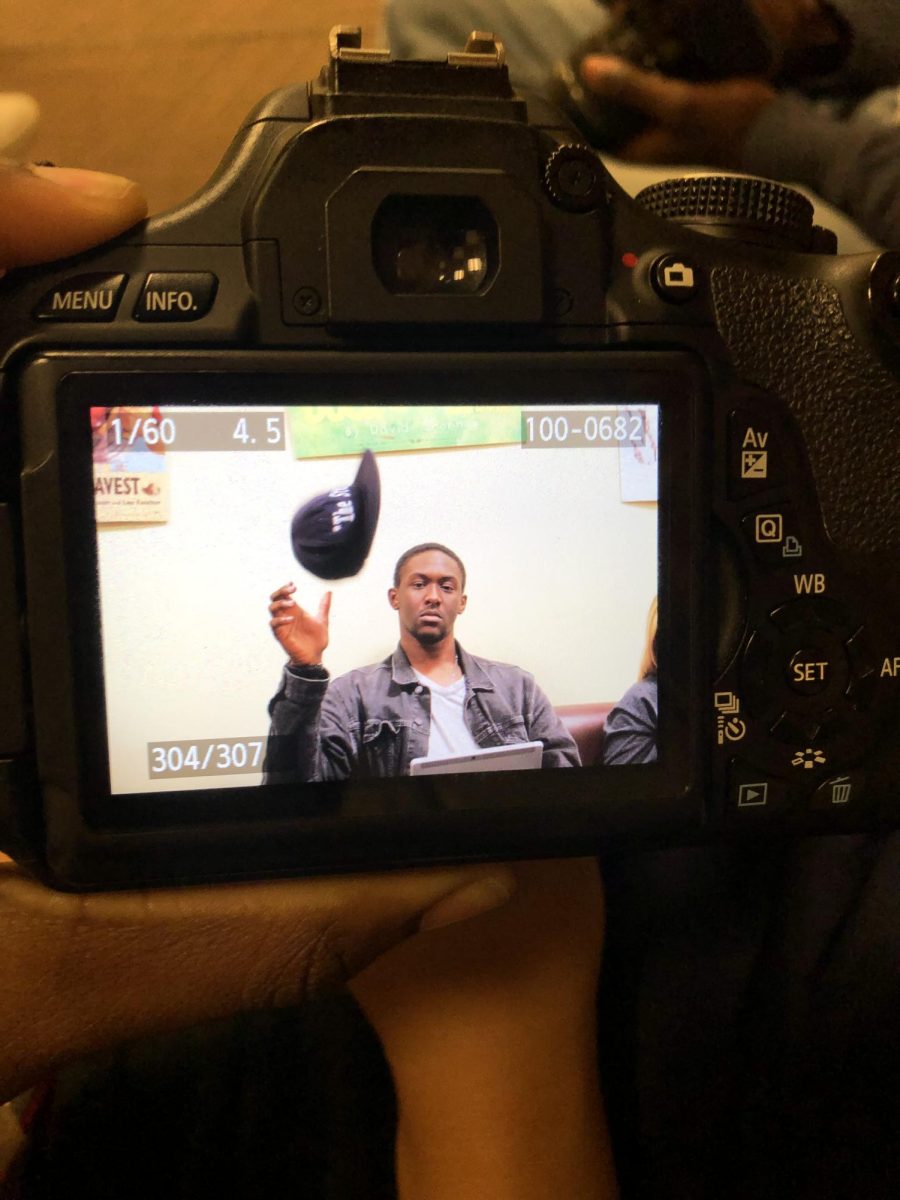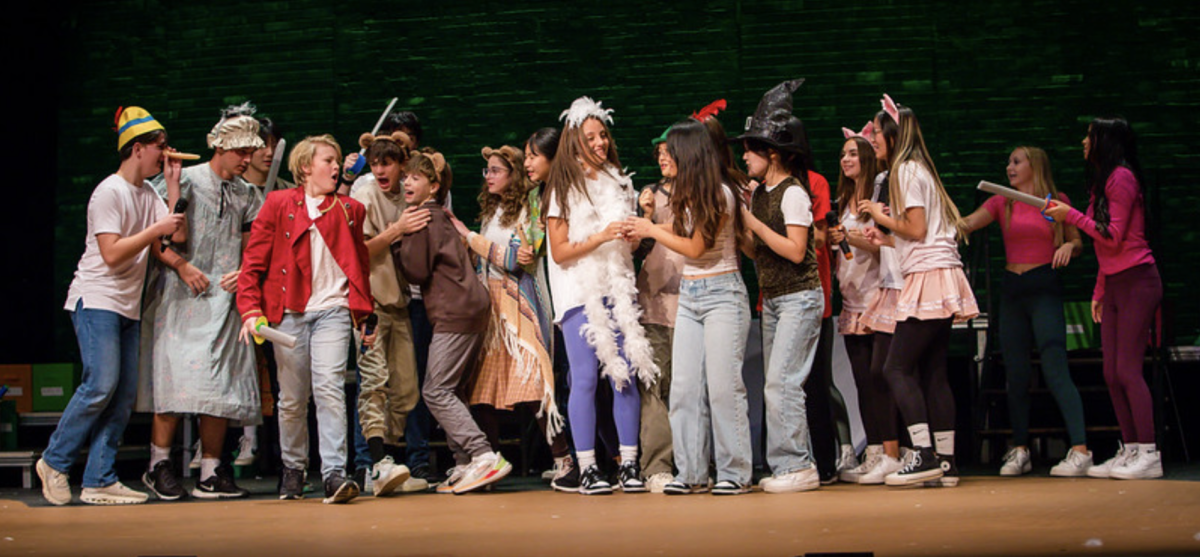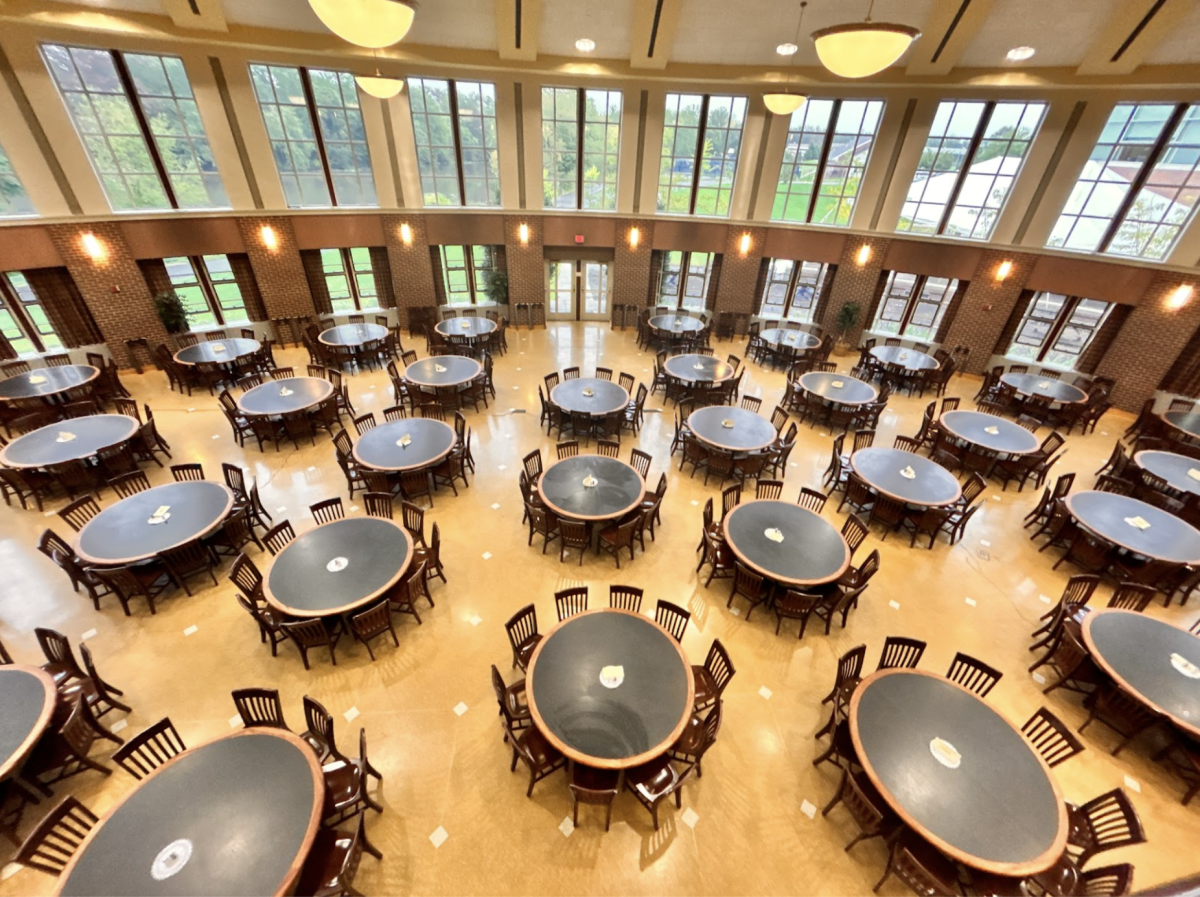A humanitarian crisis has been festering in Eastern Congo since the 1990s. Corrupt government, bloodshed, and racial intolerance plague society. But as of late, tensions have risen even higher. M23, an armed rebel group, has successfully conquered several key cities in the Democratic Republic of Congo, displacing half a million people and carrying out ruthless killings.
Background: the 1994 Rwandan Genocide
In 1919, after the defeat of the Germans in WWI, Rwanda was made a colony of Belgium. At the time, Rwanda was ruled by a monarchy of Tutsi, one of three ethnic groups in the area. Tutsi and the even smaller Twe communities were the minority, while Hutus composed the majority. The groups coexisted with little incident, until the involvement of colonial powers. The Belgians mandated record keeping of ethnic identity, and spread propaganda concerning the social status of the groups. Tutsis deserved to be the ruling class, they said, while Hutus were confined to farmwork and peasantry. Over time, the Belgians’ message drove a wedge between the two communities; they became hostile towards one another.
Inflamed tempers incited a Hutu revolt. The Hutus overthrew the Tutsi monarch and proclaimed Rwanda an independent Republic. The new Rwandan government was Hutu-led. The Hutus barred the Tutsis from public office, and denied entry to the Tutsi families who had fled the country during the revolt and sought return. Resentful of their exile, a small group of Tutsi rebels invaded Rwanda in 1990. The event incited a civil war, which lasted until 1993. That year, a formal peace accord was signed. But not all was well. Though the treaty appeared to have ended the civil war, Hutu extremists subverted the plan – they secretly plotted the demise of the Tutsi community and the moderate Hutus. Then, in 1994, a plane carrying the Hutu Rwandan president was shot down, reigniting the conflict. This time around, Hutu officials devised a lethal plan to ensure they remained in power. Hutu militia, funded by the Rwandan government, took to the streets and perpetrated acts of physical and sexual violence against Tutsi individuals. In no time, over one million Hutu civilians had joined the extremists as a result of coercion, or as a measure of self-preservation. Schools and churches became places of refuge for the Tutsi community. They were desperate for international intervention, but none came. The UN soldiers who’d overseen the peace accord were pulled from Rwanda. The Tutsi civilians were utterly abandoned. The conflict finally came to a close when the Tutsi army seized control of the nation. Over 800,000 Rwandans had perished in the span of a few months. The loss of life was felt keenly by the Tutsi community, of which only a fraction was left alive.
From 1996 to Present
After the genocide, over a million Hutus fled Rwanda for the Democratic Republic of Congo. A number of these Hutus were responsible for the mass killings of Tutsis. Rwanda, led by a Tutsi government, invaded Congo in 1996 in hopes of rooting out the remaining perpetrators of the genocide. The invasion toppled Congo’s long-time, United States-backed leader from power. Since then, Congo has remained in a state of disarray. Congo, then, is fertile ground for a power struggle. Various armed groups patrol the country, vying for control. The Tutsi-led M23 is one such organization. The M23, whichwho is backed by and receives military support from Rwanda, claims to be fighting against Congolese rebel groups that are partly made up of ethnic Hutus who perpetrated the 1994 genocide. M23 has seized several cities in the Congo, including the capital, Kinshasa.
The group has committed summary executions – sentencing people to death without a fair trial – and forced recruitment of Congolese citizens. The group guns down any man who resists joining the faction. Rape of women is commonplace. Over half a million people have been forced to flee their homes. Some are physically pushed out by the fighting. Others are forced to relocate because M23 is starving their city. Many displaced peoples find themselves in makeshift camps outside of city borders. Families receive weekly rations of food, but still go hungry. Cholera spreads like wildfire. People take to sleeping on the ground, atop rough lava rocks, because there are not enough tents to go around. Western countries like the U.S. have said little on the matter, and done even less to reduce the suffering of the Congolese people.
Sources:
- https://apnews.com/article/congo-crisis-m23-kivu-2c1c7789e499622e377eefcacc833ec2
- https://www.nytimes.com/2023/12/17/world/africa/democratic-republic-of-congo-elections.html?searchResultPosition=2
- https://www.hrw.org/news/2023/02/06/dr-congo-atrocities-rwanda-backed-m23-rebels
- https://reliefweb.int/report/democratic-republic-congo/enough-101-what-m23-movement-eastern-congo
- https://ipisresearch.be/weekly-briefing/why-m23-is-not-your-average-rebel-group/
- https://www.youtube.com/watch?v=MF7EbUGlaOU
- https://www.history.com/topics/africa/rwandan-genocide
- https://www.nytimes.com/2022/07/01/world/africa/congo-rwanda.html

